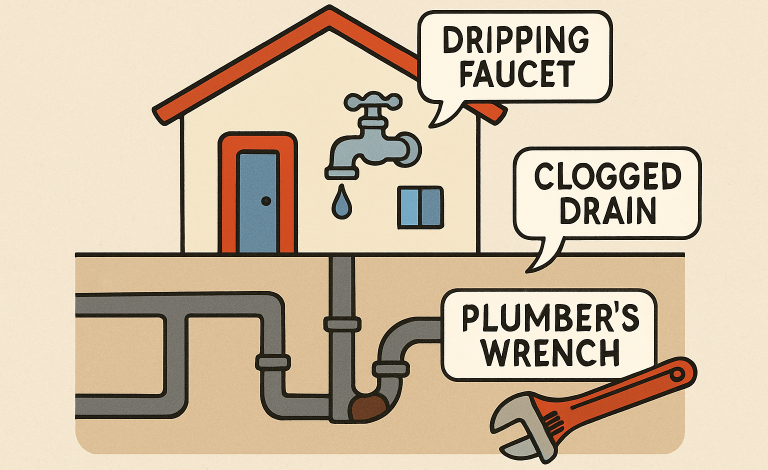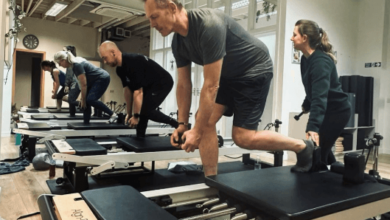Why Prevention Matters for Home Plumbing

Home plumbing is often out of sight and out of mind until something goes wrong. However, a small leak can cause significant water damage, mold issues, and higher utility bills. Practicing prevention with your pipes helps protect your investment and reduces the risks of costly breakdowns. Establishing a regular maintenance routine minimizes future disruptions and potential emergencies.
Many strong preventative strategies are simple to implement. By quickly addressing small problems, you avoid bigger issues like burst pipes or severe leaks. For urgent matters, having access to an Oahu emergency plumbing service ensures situations are handled promptly and professionally, keeping your home and peace of mind intact.
Common Household Plumbing Issues
Almost every household faces minor plumbing headaches at some point. Dripping faucets, clogged drains, running toilets, and fluctuating water pressure are among the most prevalent complaints. These small issues can escalate and waste significant amounts of water if ignored. Taking each issue seriously and responding quickly can prevent extensive repairs in the future.
Other frequent culprits include leaking hose pipes, loose connections under sinks, and overtaxed water heaters. Recognizing these recurring problems early on helps you take the proper preventive steps to maintain a healthy plumbing system throughout the year.
Daily Habits for Healthy Pipes
To prevent drain blockages, avoid pouring fats, oils, or grease down drains and dispose of them with regular trash. Use mesh drain guards for bathroom and kitchen sinks to catch hair and large food particles. Run cold water before and after the garbage disposal to remove small food scraps. Only flush toilet paper and human waste, not wipes or feminine hygiene items. Teaching these habits to everyone in your home strengthens your defense against blockages and breakdowns.
See also: Transforming Your Business Image with Professional Commercial Window Cleaning Services
DIY Maintenance Tips to Avoid Costly Repairs
Regularly check under sinks and around water appliances for signs of dampness or leaks. Inspect washing machine and dishwasher hoses for cracks, bulging, or wear, and replace them every few years. Test household water pressure with a water pressure gauge, and flush your water heater annually to prevent sediment buildup and tank corrosion. Regular, scheduled checks help identify early warning signs, reduce repair costs, and extend the lifespan of your home’s plumbing network.
How to Spot Warning Signs Early
Some plumbing problems give subtle clues in their early stages. Look out for slow drains, gurgling noises after you flush, persistent musty odors, or staining on ceilings and walls. These symptoms could indicate leaks, blocked vent pipes, or growing obstructions inside your home’s drain lines.
Addressing changes as soon as they arise is key to saving money and preventing larger disasters. Documenting unusual changes and acting quickly will help avoid major repairs and water damage later.
Environmentally Friendly Practices for Plumbing
Eco-friendly plumbing choices lower utility bills and support environmental goals. Quick leak repairs, low-flow fixtures, and WaterSense appliances are key. Using biodegradable cleaners, responsible chemicals, and conserving water daily benefits your home and community.
When to Call a Professional
While homeowners can handle many preventative and maintenance tasks, some circumstances require a trained plumber’s expertise. If you experience frequent or multiple clogged drains, low or no water pressure, sewer odors indoors, or visible water damage on ceilings and walls, it’s time to contact a professional. Timely help from a licensed plumber prevents further damage and ensures compliance with local codes, providing peace of mind for you and your family.
Further Reading and Support
Staying informed about the latest plumbing products and changing best practices is a smart way to protect your most significant asset. Explore guides from reputable sources and government resources for energy-efficient upgrades and troubleshooting tips. Investing time in maintenance and ongoing learning can lead to significant savings and a safer, healthier home.
Conclusion
A reliable plumbing system doesn’t just happen—it results from consistent care, early attention to warning signs, and smart preventative habits. By combining everyday practices with regular maintenance and professional support when needed, homeowners can avoid costly emergencies and extend the life of their plumbing. Proactive action pays off, whether adopting eco-friendly solutions, watching for subtle changes, or relying on trusted services in urgent situations. Prevention not only protects your property and budget but also supports a healthier, more sustainable home environment for years to come.




